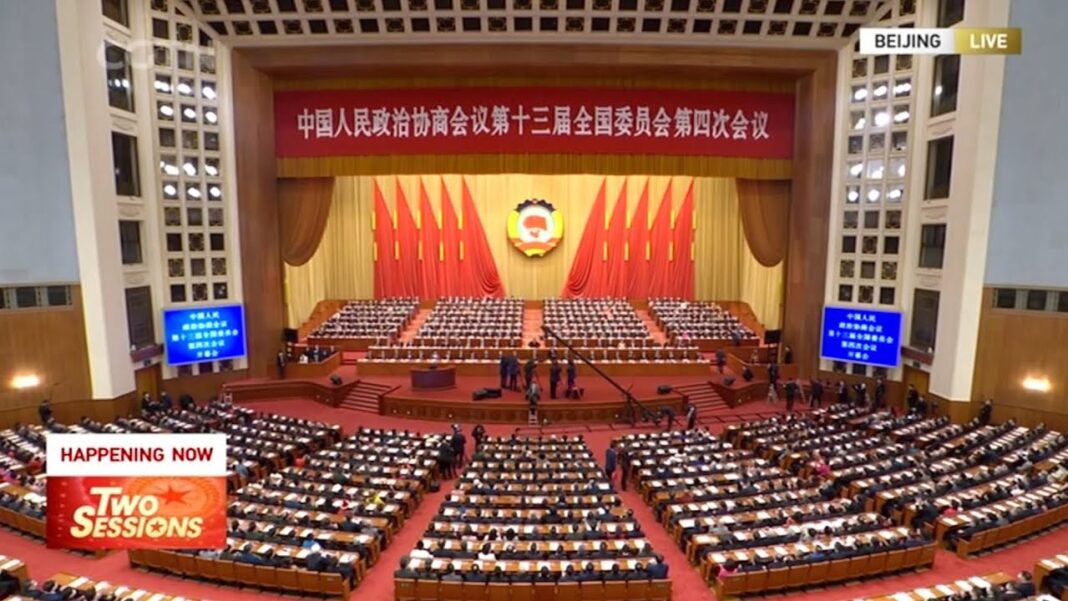Dr. Anthony Fauci, the head of the National Institute of Allergy and Infectious Diseases (NIAID), said his agency did not provide funds into research on risky “gain of function” research into coronaviruses at the Wuhan Institute of Virology.
During a Senate hearing, Sen. Rand Paul (R-Ky.) asked Fauci—who has become one of the public faces of the federal government’s pandemic response—about reports alleging that a U.S. virologist worked at the Wuhan, China, lab that would make pathogens more deadly or more easily transmittable. It comes amid questions about the origins of the CCP (Chinese Communist Party) virus and the theory that it may have leaked from the facility. (Read Full Rand Paul vs Fauci Transcript)
“For years, Dr. Ralph Baric, a virologist in the U.S., has been collaborating with Dr. Shi Zhengli from the Wuhan Virology Institute, sharing his discoveries about how to create super viruses. This gain-of-function research has been funded by the NIH … Dr. Fauci, do you still support funding of the NIH lab in Wuhan?” Paul said in a contentious exchange Tuesday.
“Senator Paul, with all due respect, you are entirely, entirely and completely incorrect,” Fauci said in response. “The NIH has not ever and does not now fund gain-of-function research in the Wuhan Institute of Virology.”
Fauci then said that the doctor mentioned in reports doesn’t conduct such research—known as function research—as the two continued to argue. Fauci noted that the NIH did provide funding to a project at the Wuhan lab, but it was not for “gain of function” research designed to create super viruses.
According to federal records published online, the NIH—which oversees Fauci’s agency—provided $3.7 million to Ecohealth Alliance, which conducted research of genetic analyses of bat coronaviruses and how they could spread to humans. The Trump administration terminated the Ecohealth grant last year.
Later, Paul asked if Fauci could “categorically say that the COVID-19 could not have occurred through serial passage in a laboratory?”
Read Full Article on TheEpochTimes.com






